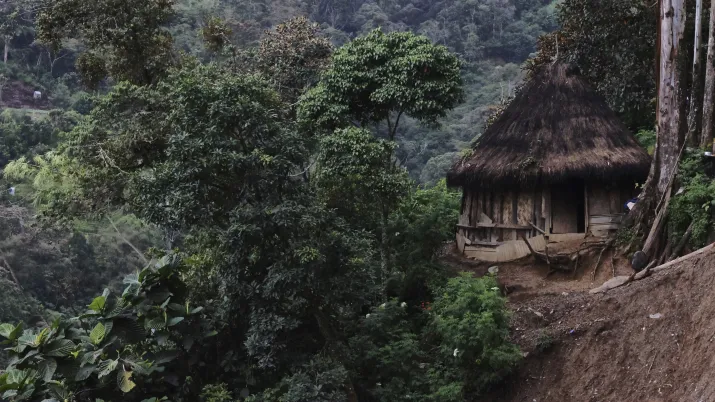Share the page
European Union Green Recovery Facility: advancing Sri Lanka’s sustainable economy
Project
Published on
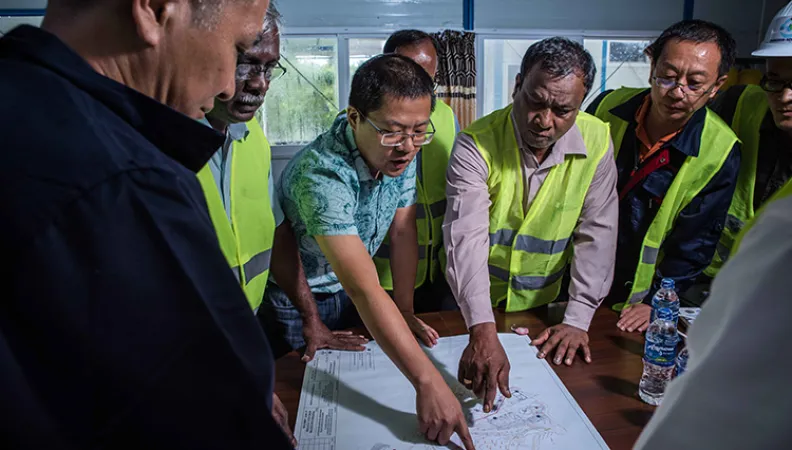
-
Project start date
-
Status
Ongoing
-
Project end date
-
-
Financing amount (Euro)
-
€5m
-
Country and region
-
Sri Lanka, Asia and the Pacific
-
Funders
This Facility supports Sri Lanka’s transition to a green economy, that is circular, carbon neutral, socially inclusive and respectful of biodiversity resources and socio-economic context.
The impact of climate change and economic crisis in Sri Lanka
Sri Lanka is highly vulnerable to the adverse effects of climate change. Risks include natural disasters such as prolonged droughts, flash floods, and landslides that impact on lives and livelihoods of people.
This fragile environmental context is particularly important in Sri Lanka, as it is one of the 36 biodiversity hotspots. These areas are of a global interest, since conserving them is essential to preserving biodiversity and, a fortiori, human societies.
Conserving biodiversity is having a direct impact on Sri Lanka’s tourism industry and on the country’s economic development. Sri Lanka’s biodiversity is also linked to other key sectors including agriculture, forestry, and blue economic activities.
Since mid-2022, a complex and terrible economic crisis has hit the country. Sri Lanka should build back better its economy by re-strategizing from a linear and resource-intensive economy into a sustainable and circular one. Doing so is contributing not only to safeguarding the country’s biodiversity resources and supporting the mitigation of Sri-Lankan greenhouse gas emissions, but also to stabilising the macrofiscal and macroeconomic balances of the country, which is yield real dividends for Sri Lanka.
EU Green Recovery Facility: supporting Sri Lanka’s transition to an inclusive green economy
In the context of Sri Lanka's ongoing economic recovery, the EU Green Recovery Facility is leveraging both European Union and regional policy experiences to support the country’s transition to an inclusive, green economy, that is circular, carbon neutral, more respectful of biodiversity resources and socio-economic/demographic context, and which provide a much needed macroeconomic stability. This involves addressing short-term recovery needs while focusing on long-term sustainability goals.
Establishing Inclusive Green, Blue and Sustainable Public Policies
This initiative contributes to establish a comprehensive and inclusive policy dialogue aimed at advancing green economic recovery. It is working closely with various Sri Lankan governmental bodies, namely:
- the Ministry of Environment,
- the Ministry of Industry and Entrepreneurship Development,
- the Ministry of Finance, Planning and Economic Development,
- the Ministry of Energy,
- the Ministry of Women and Child Affairs,
- the Presidential Secretariat
This effort is raising awareness and encourage action towards sustainable economic practices. A key element of this program is to promote the European Green Deal’s external dimensions, ensuring alignment with global green initiatives and fostering partnerships.
Promoting an Inclusive Circular Economy in Sri Lanka
In partnership with European and Sri Lankan market actors, this initiative is focusing on facilitating dialogue and collaboration in the promotion of a circular economy. It is integrating sustainable consumption and production policies into Sri Lanka’s private sector framework, thus fostering a supportive environment for green business practices.
Improving Accessibility and Availability of Green and Sustainable Finance
The initiative is supporting the operationalisation and implementation of the policy and regulatory sustainable finance framework. Better coordination could be reached among European Development Financial Institutions to facilitate the development of their future activities directed towards Sri Lanka.
All results should serve as inputs for a policy and programme that bridge identified gaps. This project is supporting European donors in leveraging internal or external funds to address inclusive green economy priorities.
Key Activities to build a sustainable future for Sri Lanka
- Establishing a pipeline of sustainable projects across sectors and facilitating their realisation: This involves identifying and prioritizing initiatives that align with environmental, social, and economic goals. This process aims to streamline the development and implementation of the Facility activities, ensuring they contribute to long-term sustainability and positive impact.
- Monitoring and evaluating the National Determined Contributions (NDC) implementation: Sri Lanka's NDCs focus on adaptation and resilience-building in key sectors and are implemented through sectoral ministries with coordination from the Climate Change Secretariat (CCS). To improve NDC effectiveness, governance and monitoring systems must be enhanced to address gaps and streamline data collection, and enable timely, accurate reporting.
- Operationalising the Green Taxonomy for sustainable finance: The activity supports the Central Bank of Sri Lanka in laying the groundwork for Green/Sustainable Finance through clear policy roll out and operationalisation. It facilitates access to sustainable finance through capacity building and awareness raising on policy and tools.
- Transforming Industrial Parks into Eco-Industrial Parks: Sri Lanka is working to establish guidelines and rating systems to standards and transition existing industrial parks to Eco-Industrial Parks (EIPs) to promote sustainable business practices, resource efficiency, and resilience to climate change.
- Supporting private sector issuance of green bonds: Identifying barriers that impede private sector green bond issuance and addressing priority gaps through the implementation of a targeted support programme.
- Raising awareness on the importance of a Green Economic transition and social sustainability goals: Empowering stakeholders on topics like energy efficiency, renewable energy, and sustainable finance will not only boost public awareness but also increase policy-maker engagement. By strengthening the public sector, we can integrate green practices into development plans and encourage sustainable initiatives at the grassroots level.
Support to public institutions and private sector actors
The project is benefiting directly and indirectly two main groups:
- The public institutions: Ministry of the Environment, Ministry of Industry and Entrepreneurship Development, Ministry of Finance, Planning and Economic Development, Ministry of Energy, Ministry of Women and Child Affairs, Presidential Secretariat, the Board of Investments, Colombo Stock Exchange as well as various other line-ministries and institutions connected to economic recovery.
- The private sector actors: the media, chambers of commerce, financial institutions, producer organisations and cooperatives, professional bodies, consumer associations and SMEs, as well as Civil Society Organisations and environmental groups.
Moreover, the green recovery facility also supports the activities of the EU and its Member States in Sri Lanka, especially in line with the Team Europe Initiative.
Similar projects
SWITCH to Circular Economy in Eastern and Southern Africa
Ongoing
2025 - 2029
Funders : European Union, German State (BMZ)
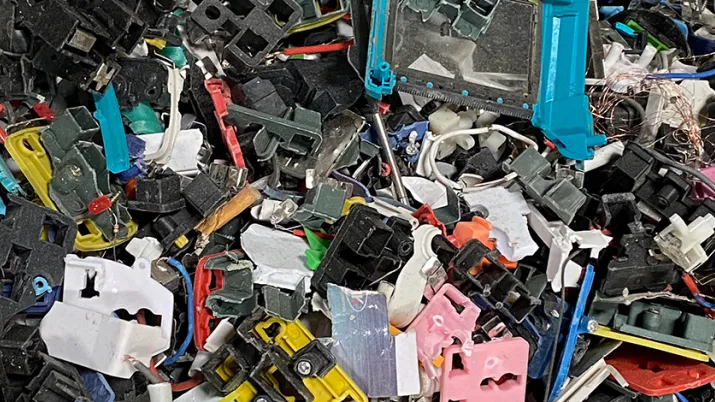

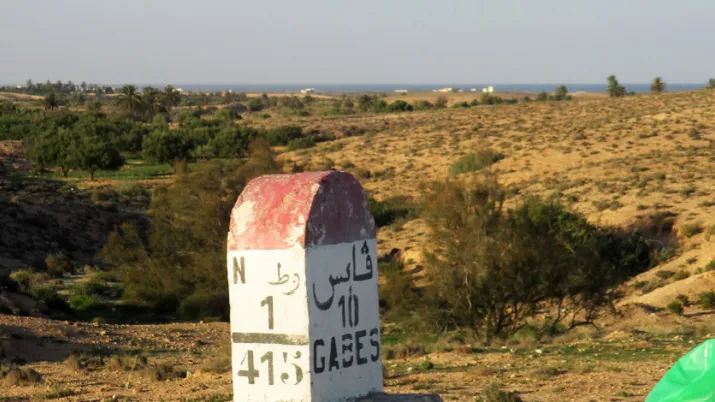
In the News
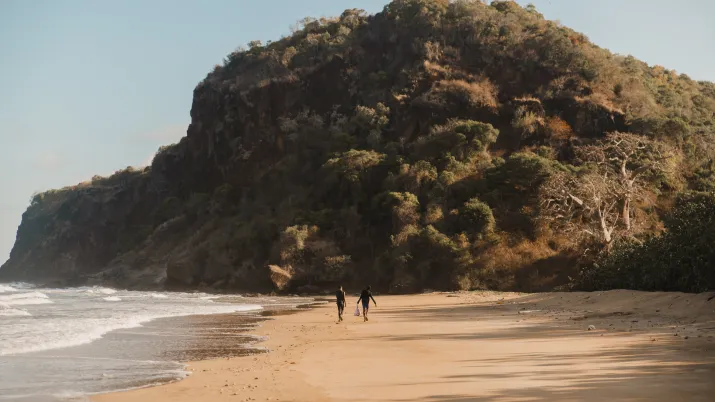
Actively Improving Air Quality through Comprehensive Strategies Across ASEAN
Published on september 6 2024

